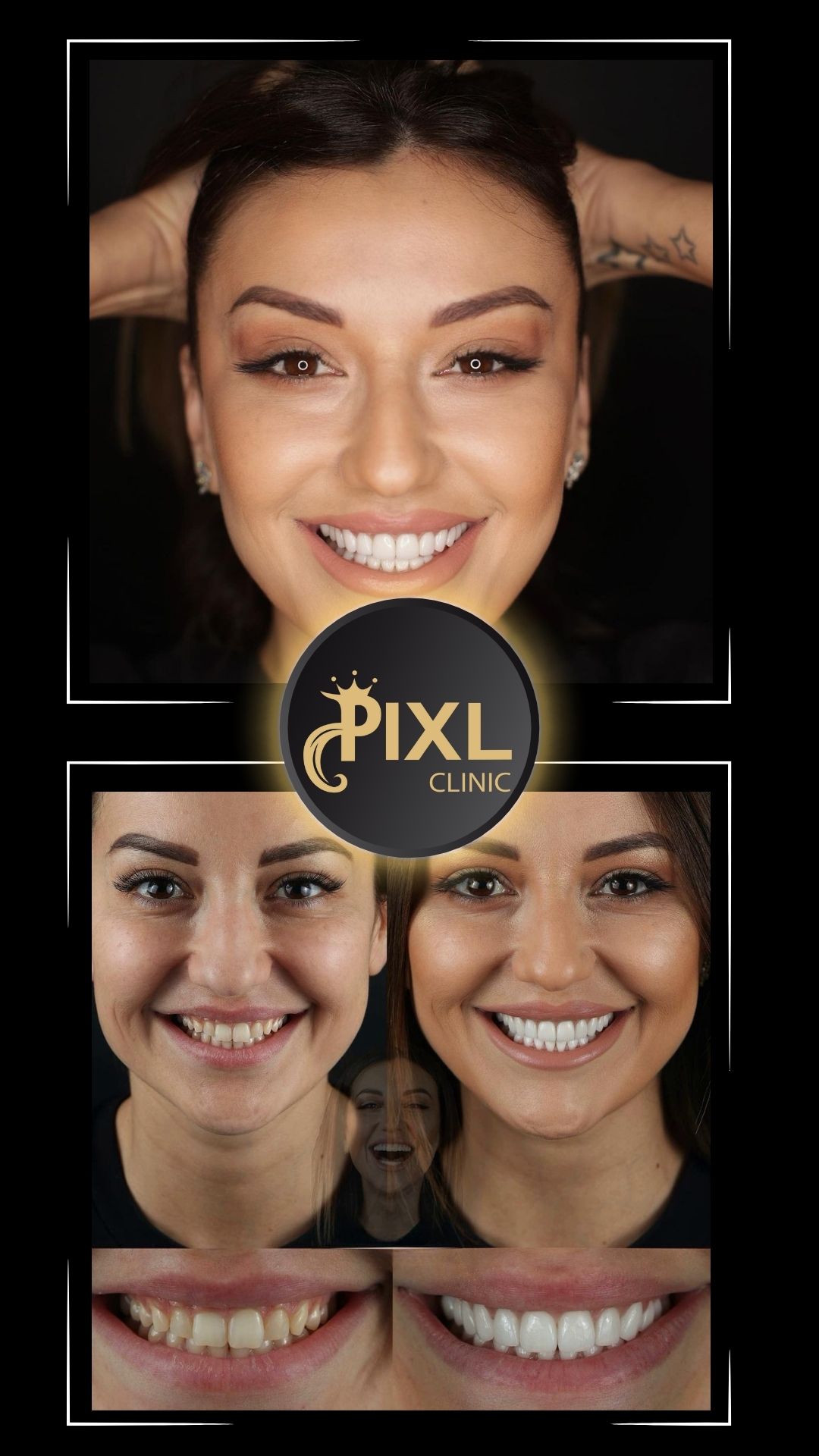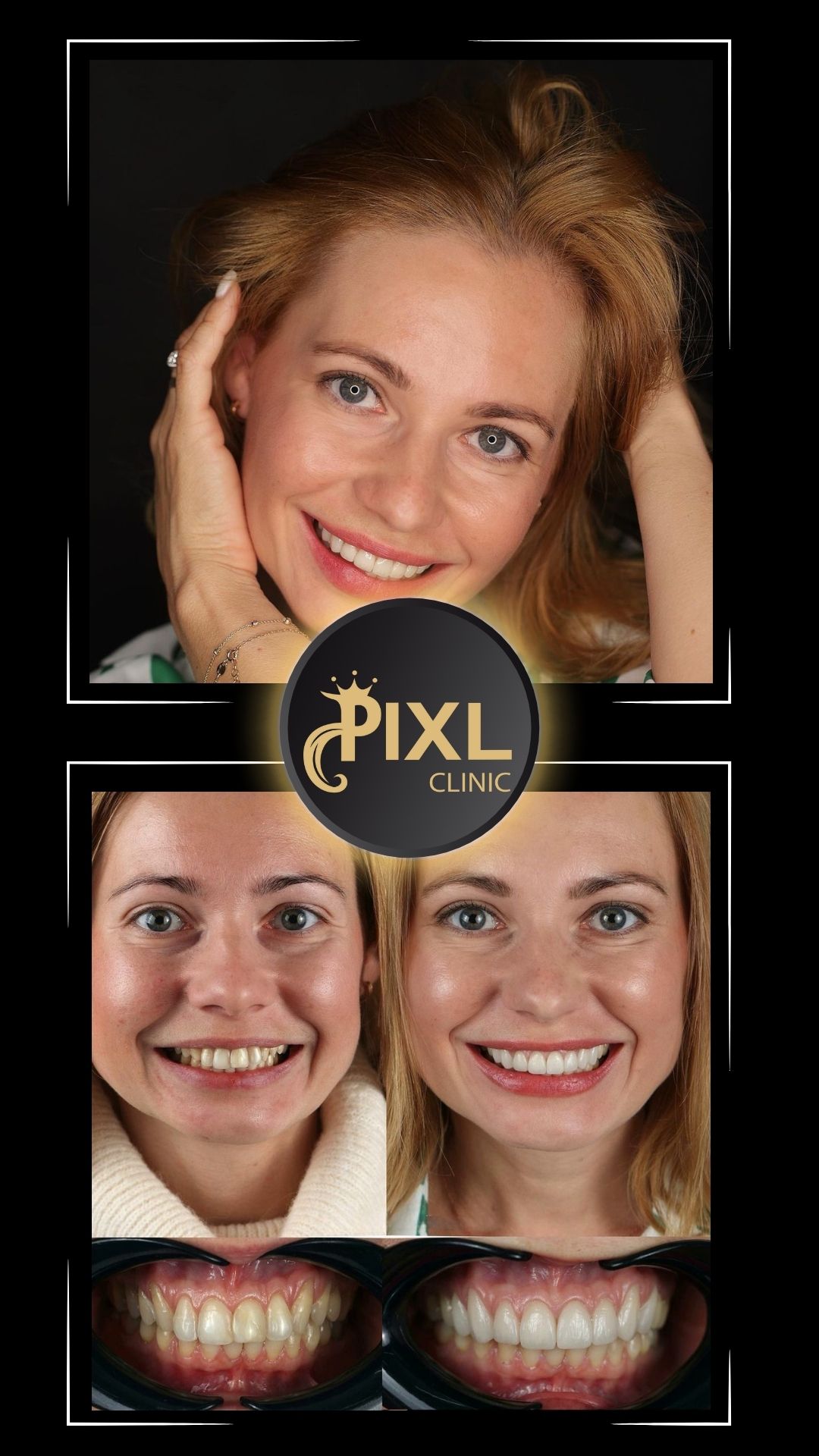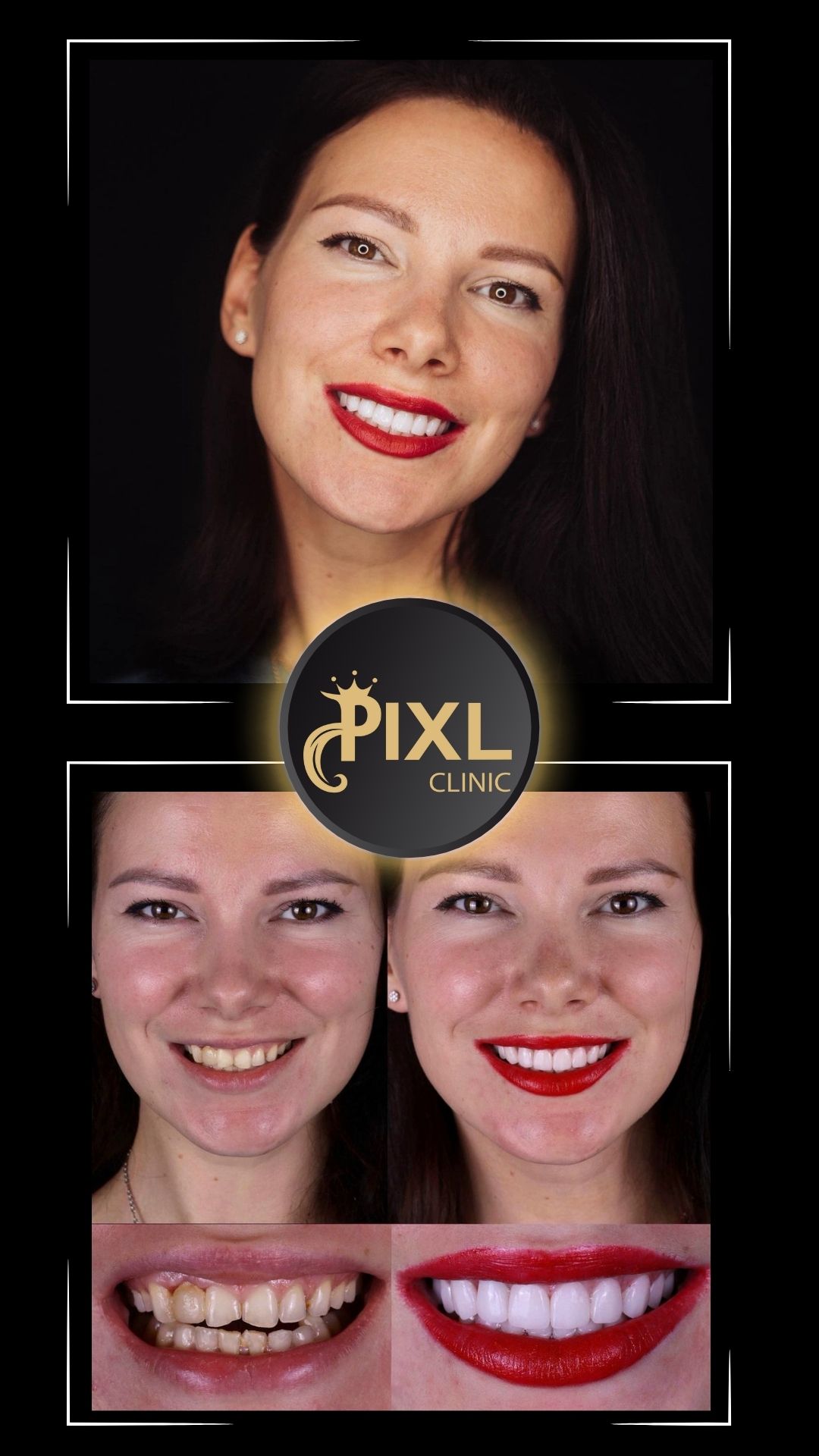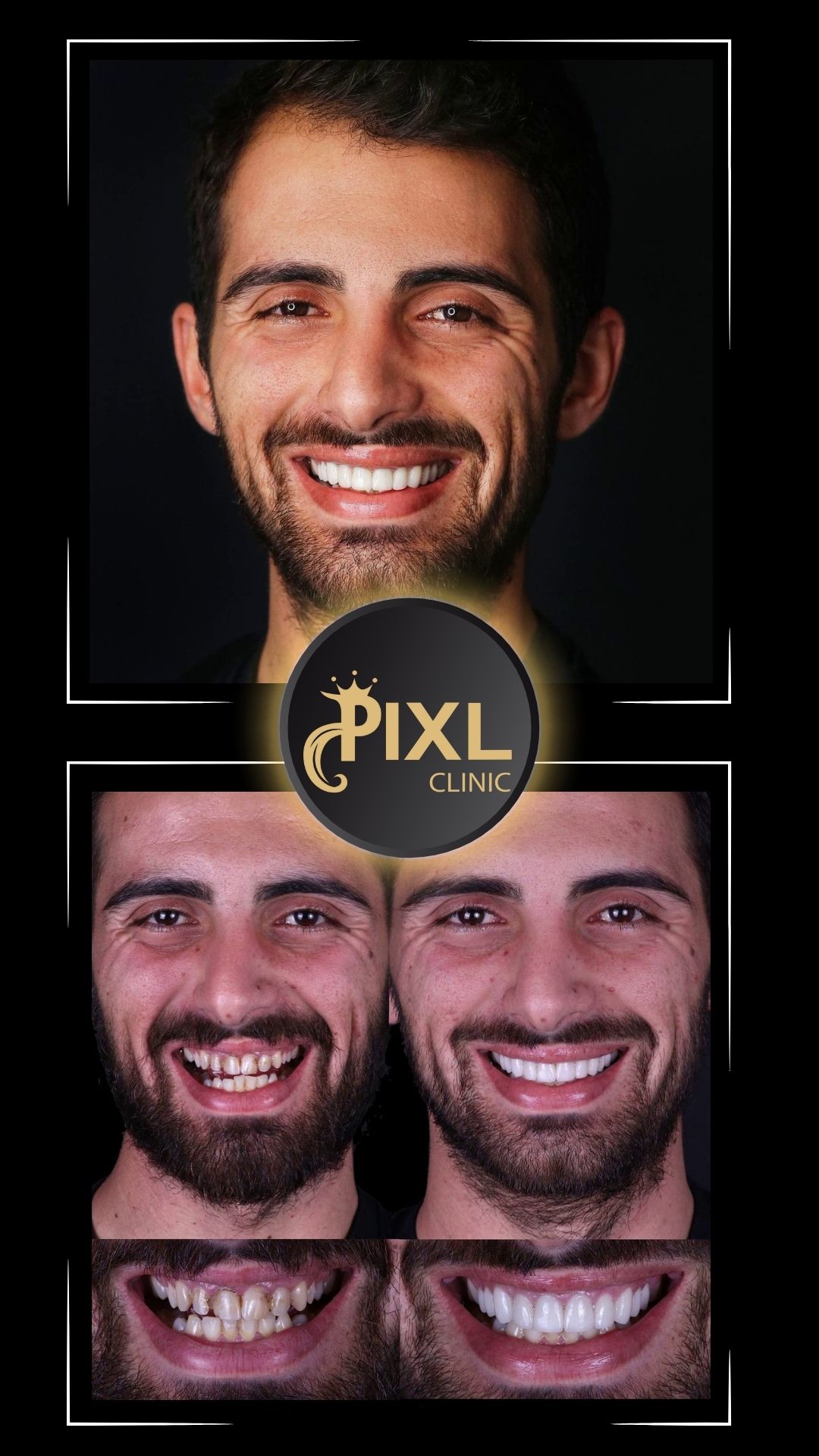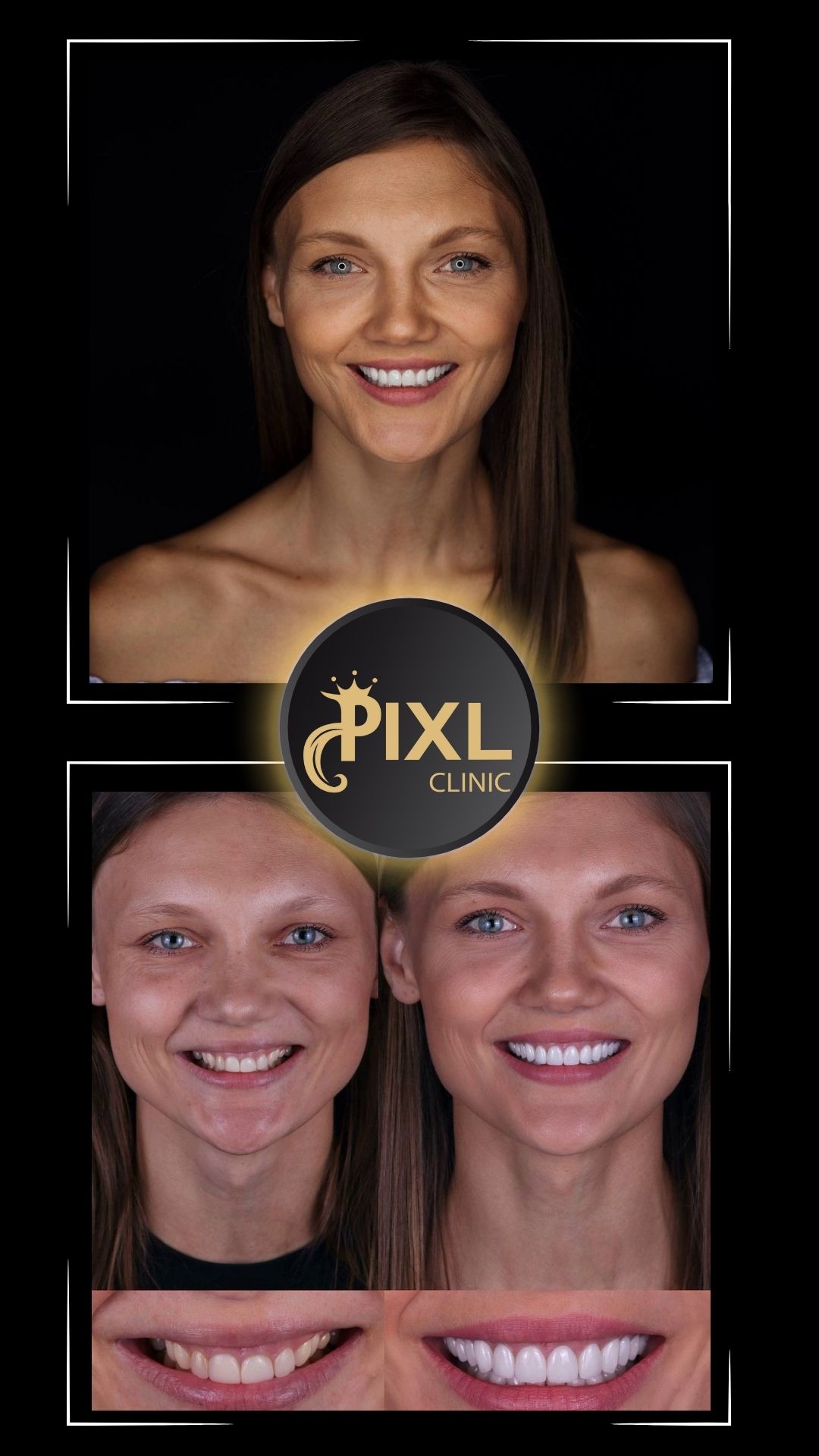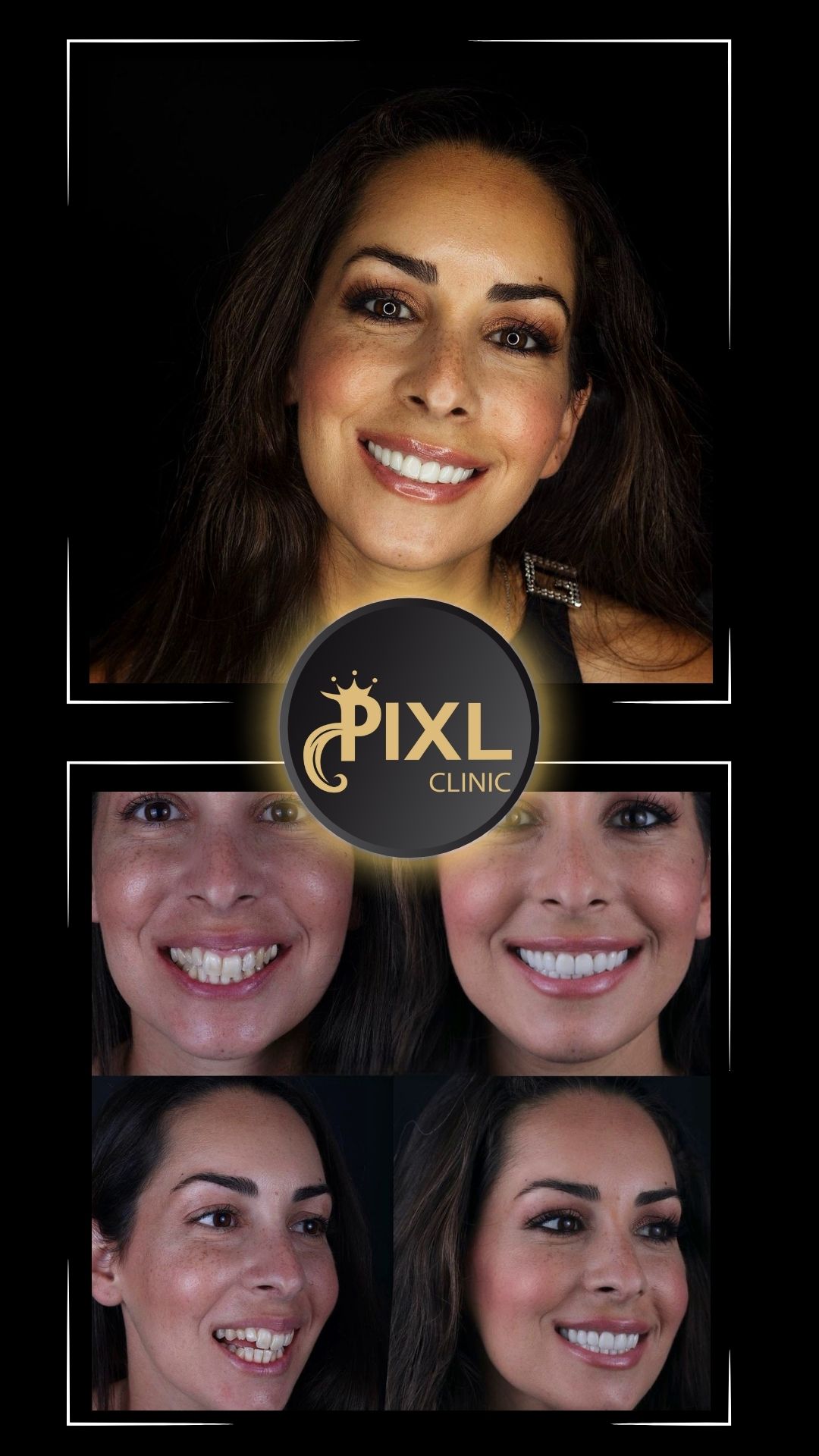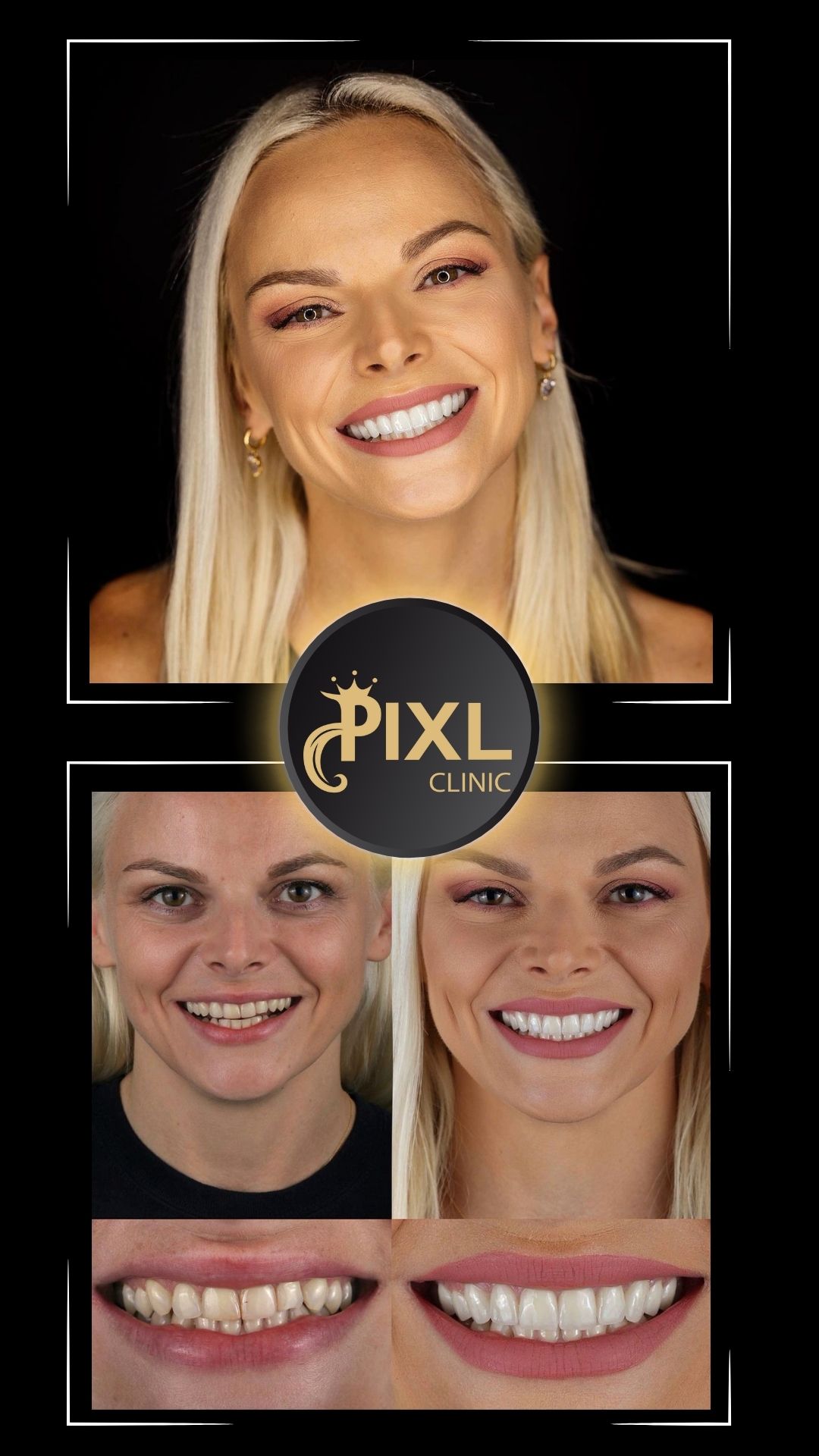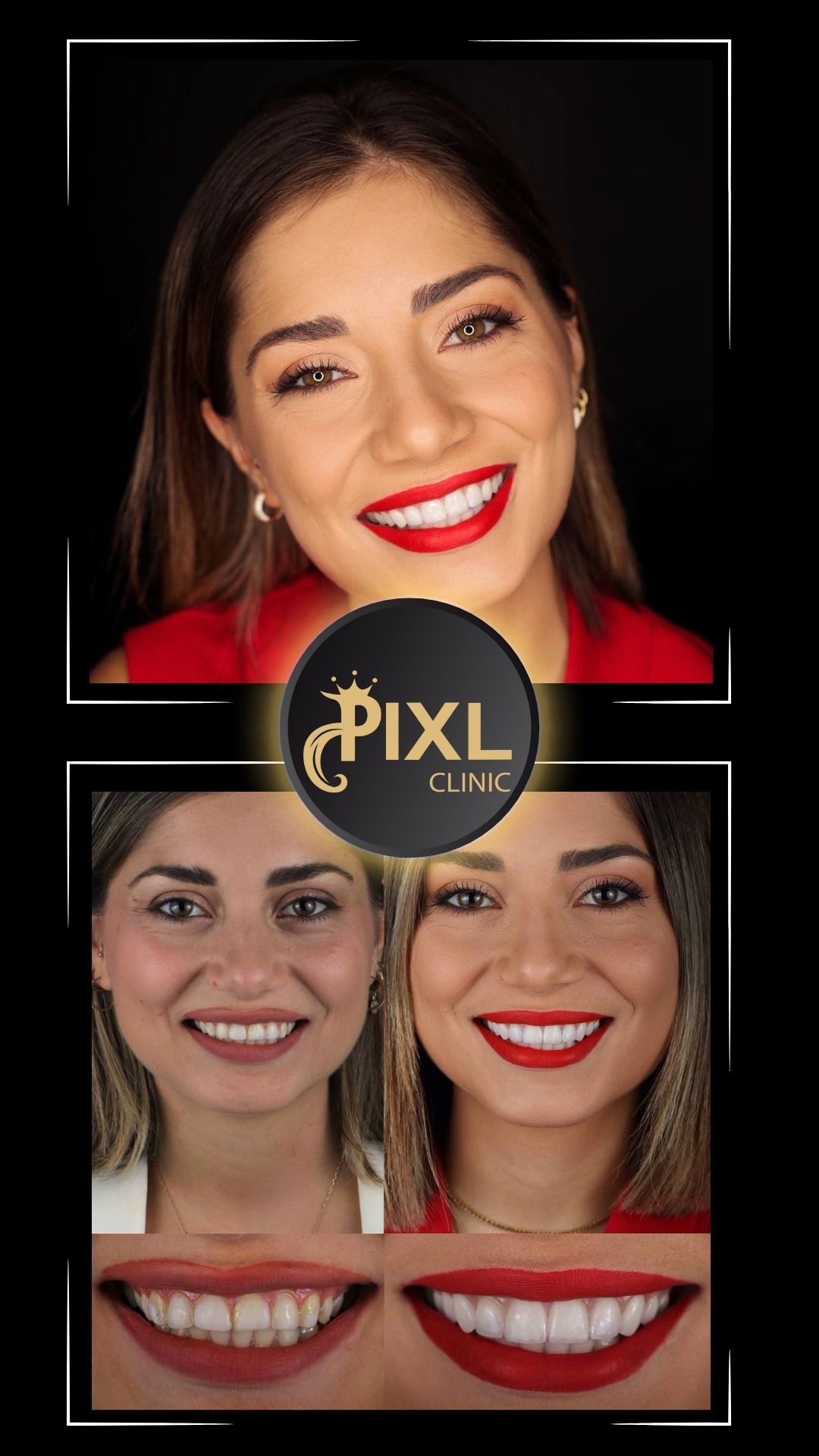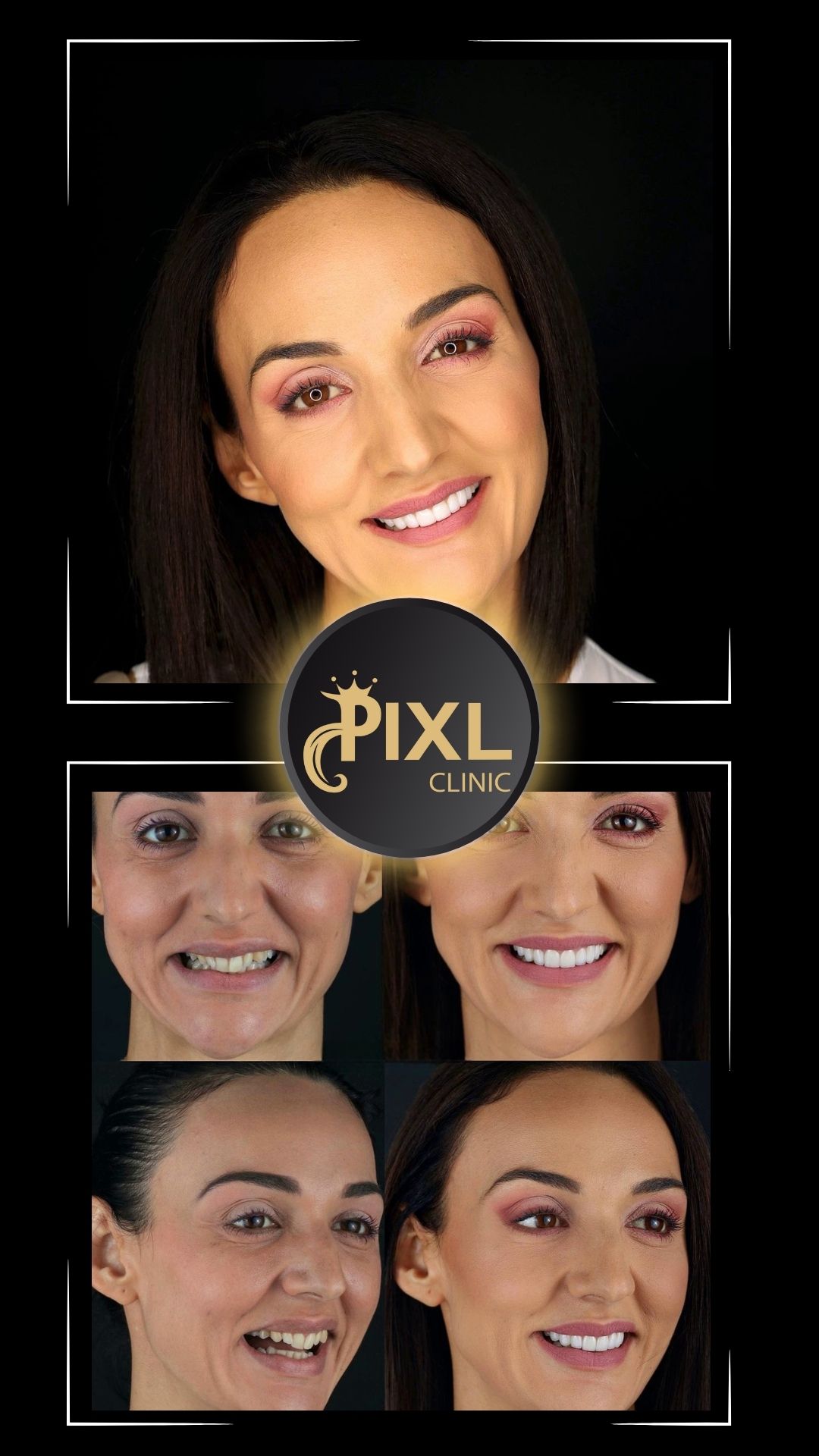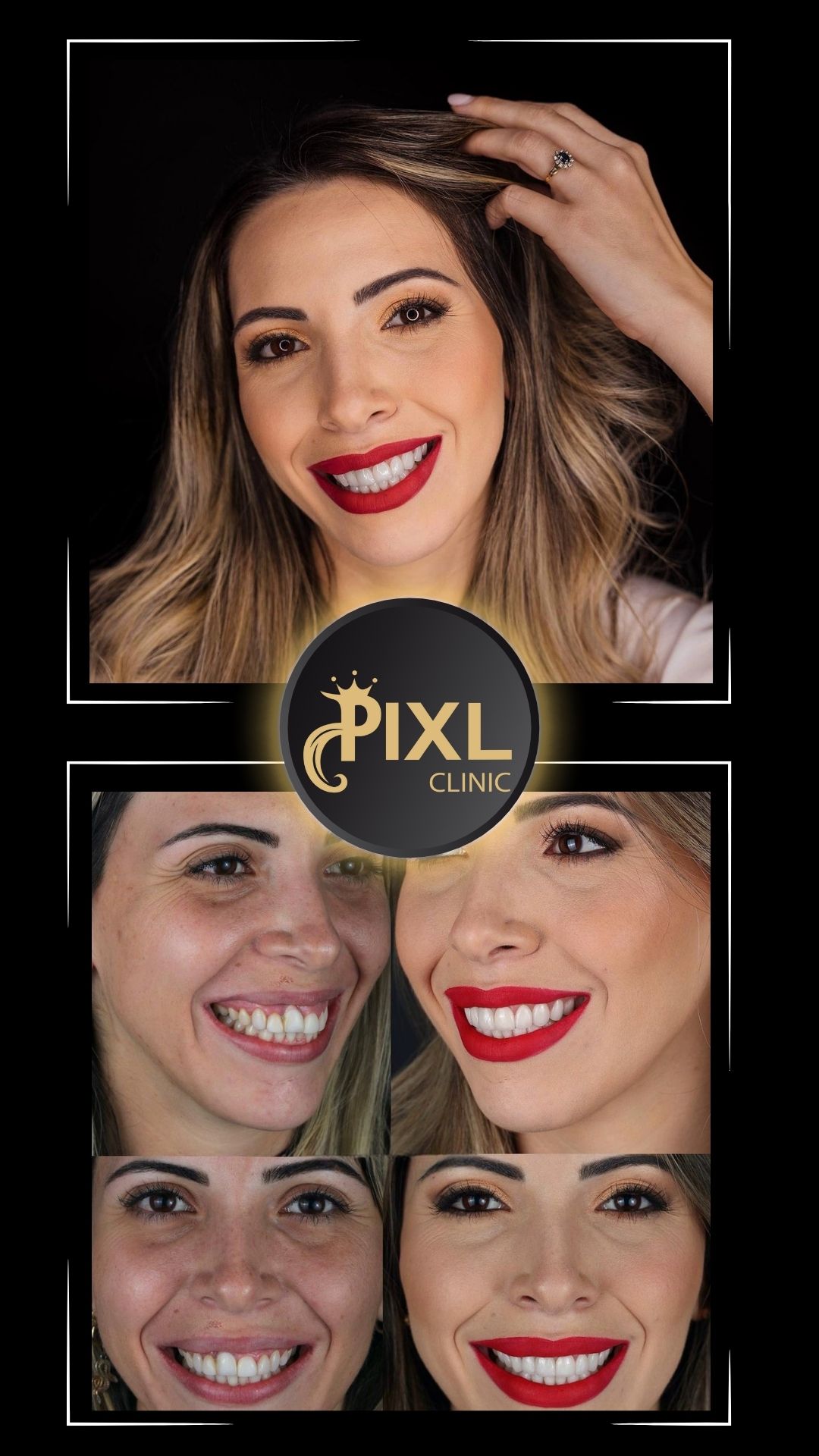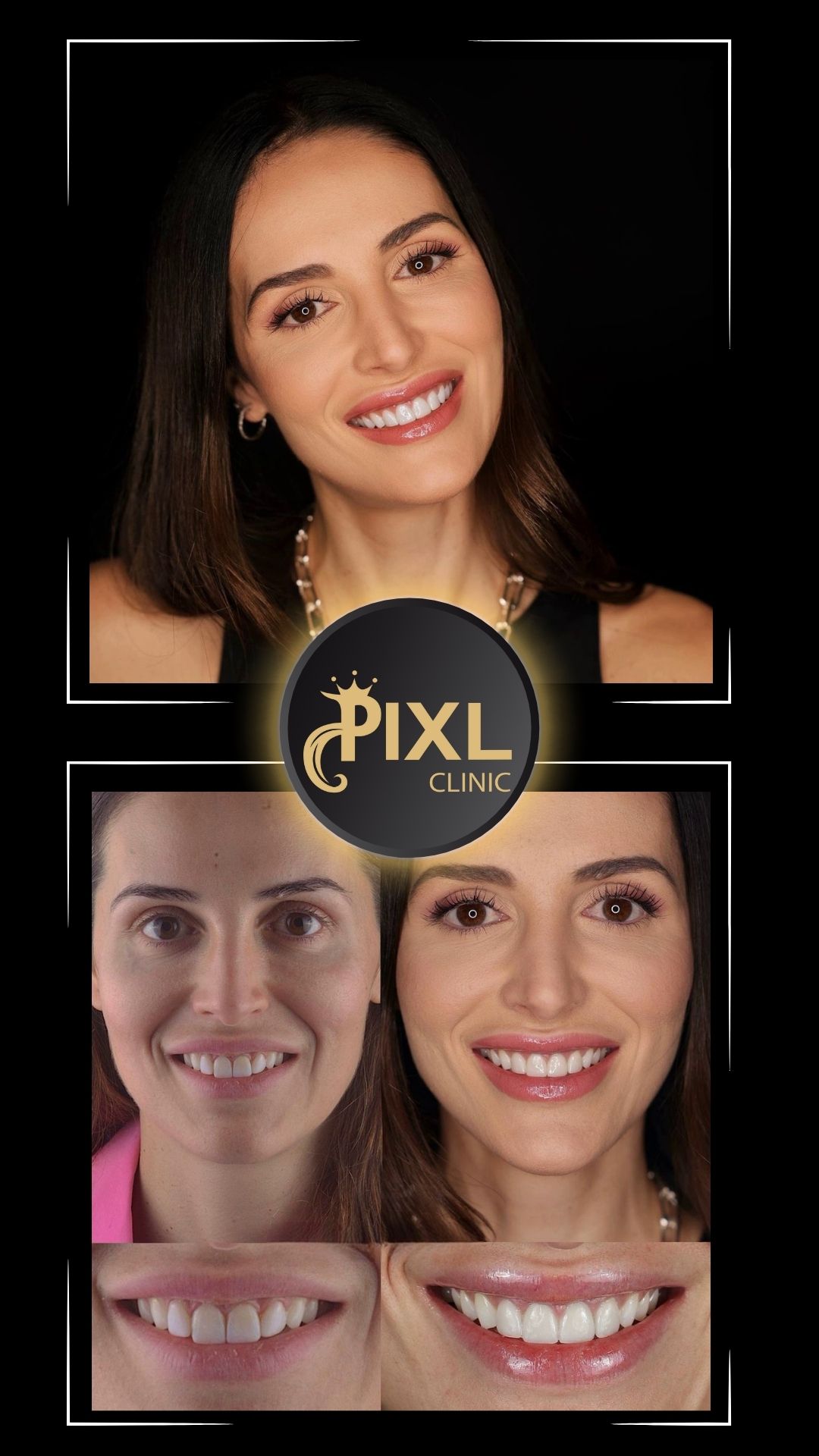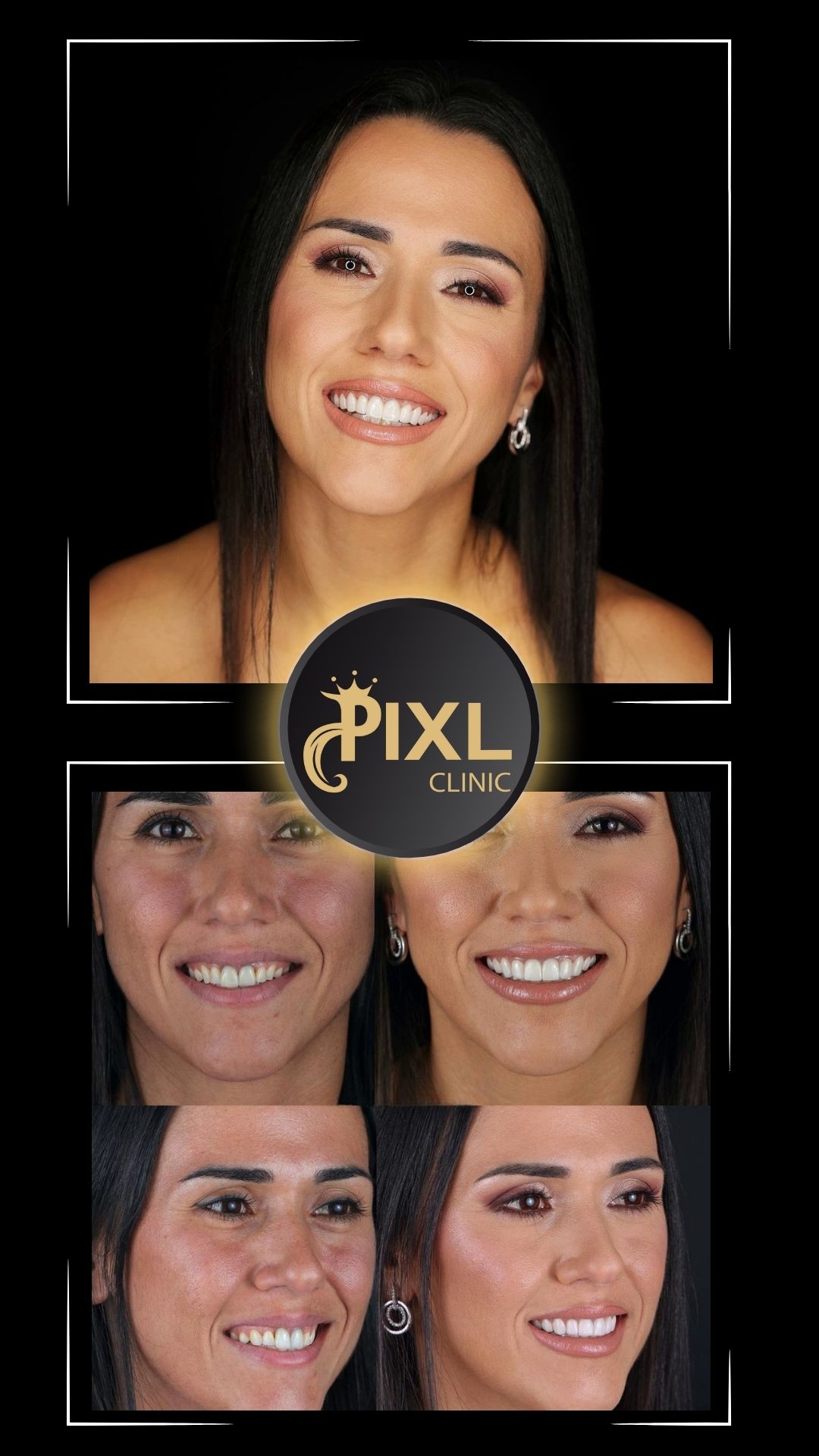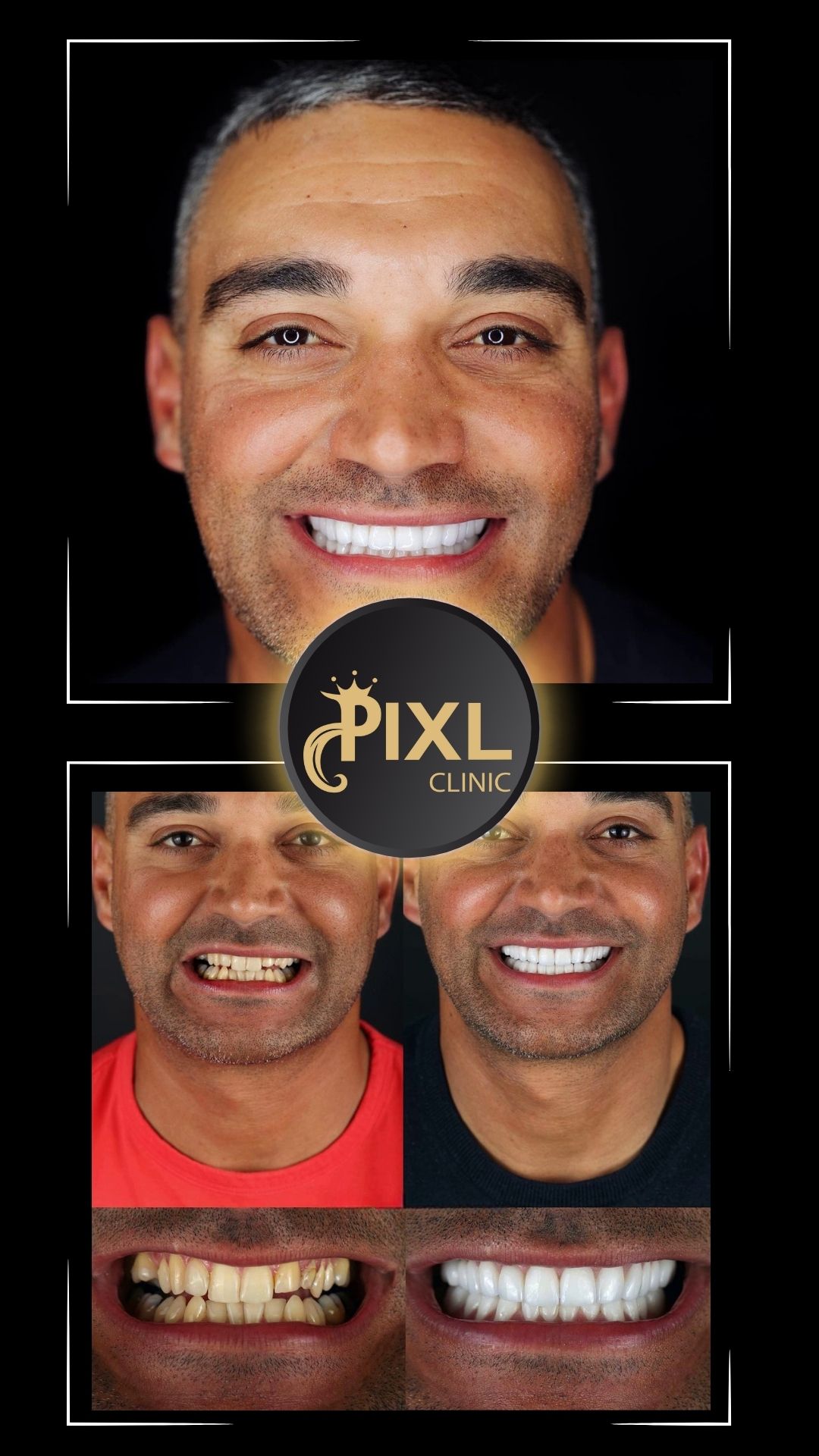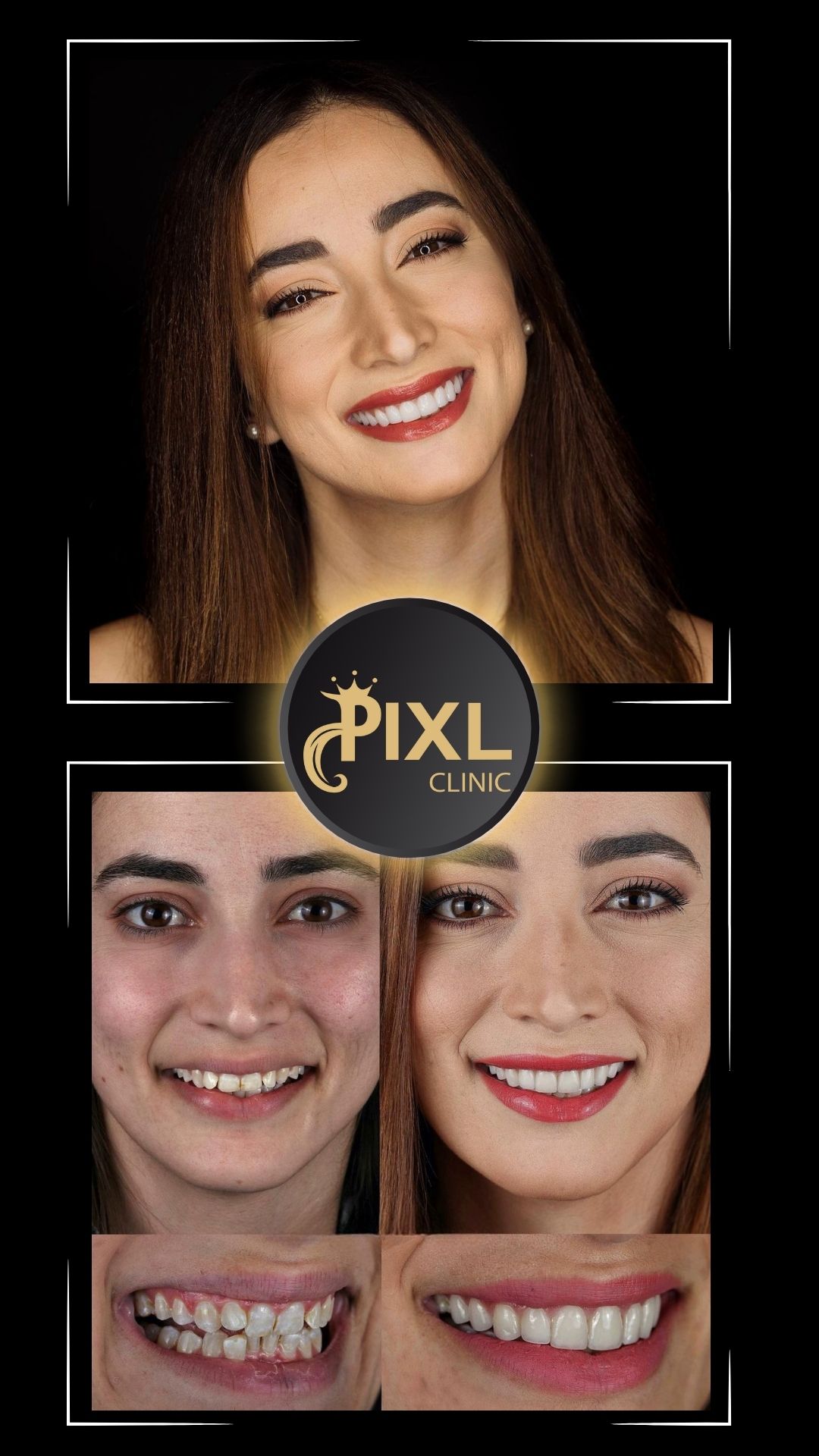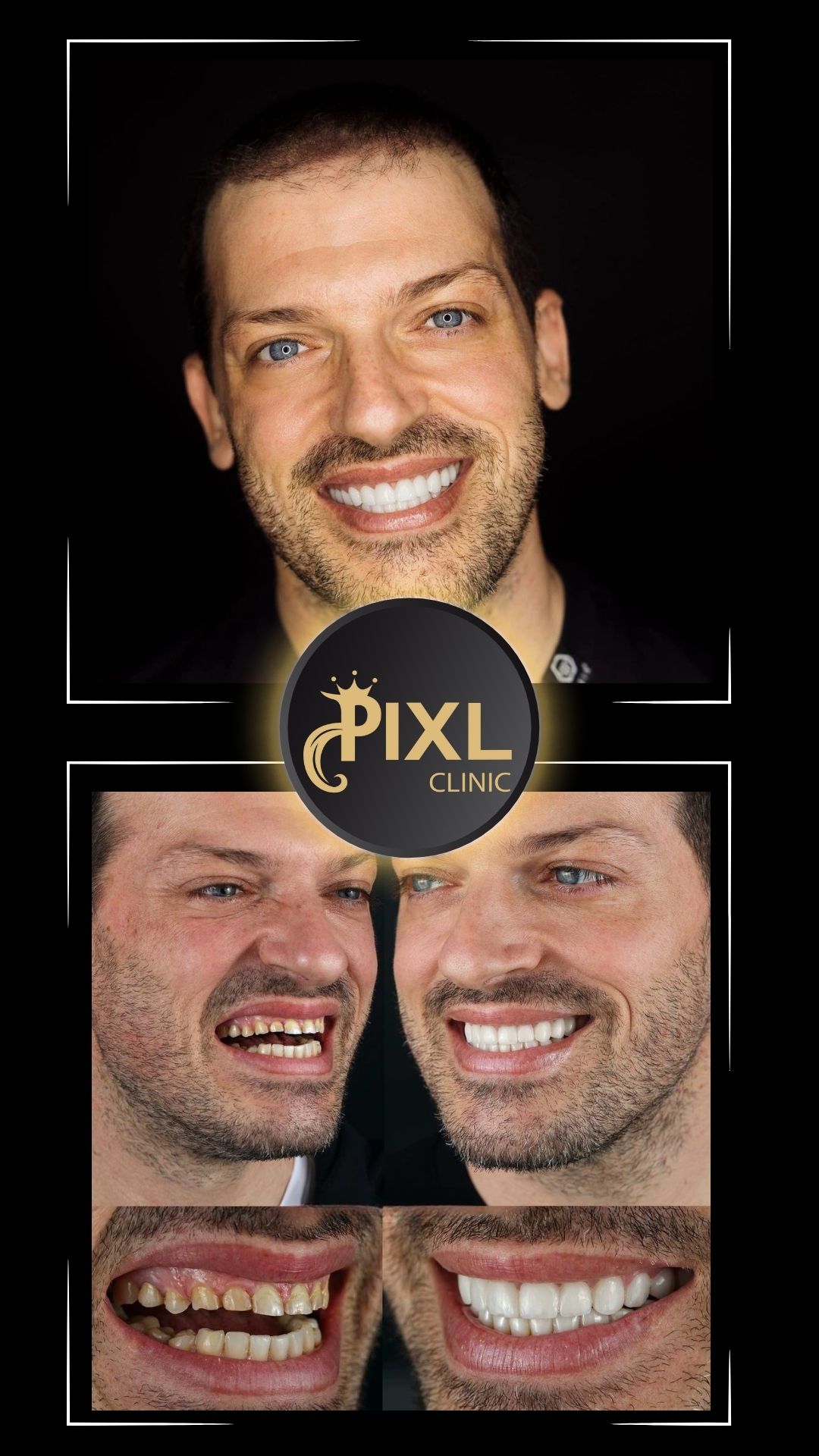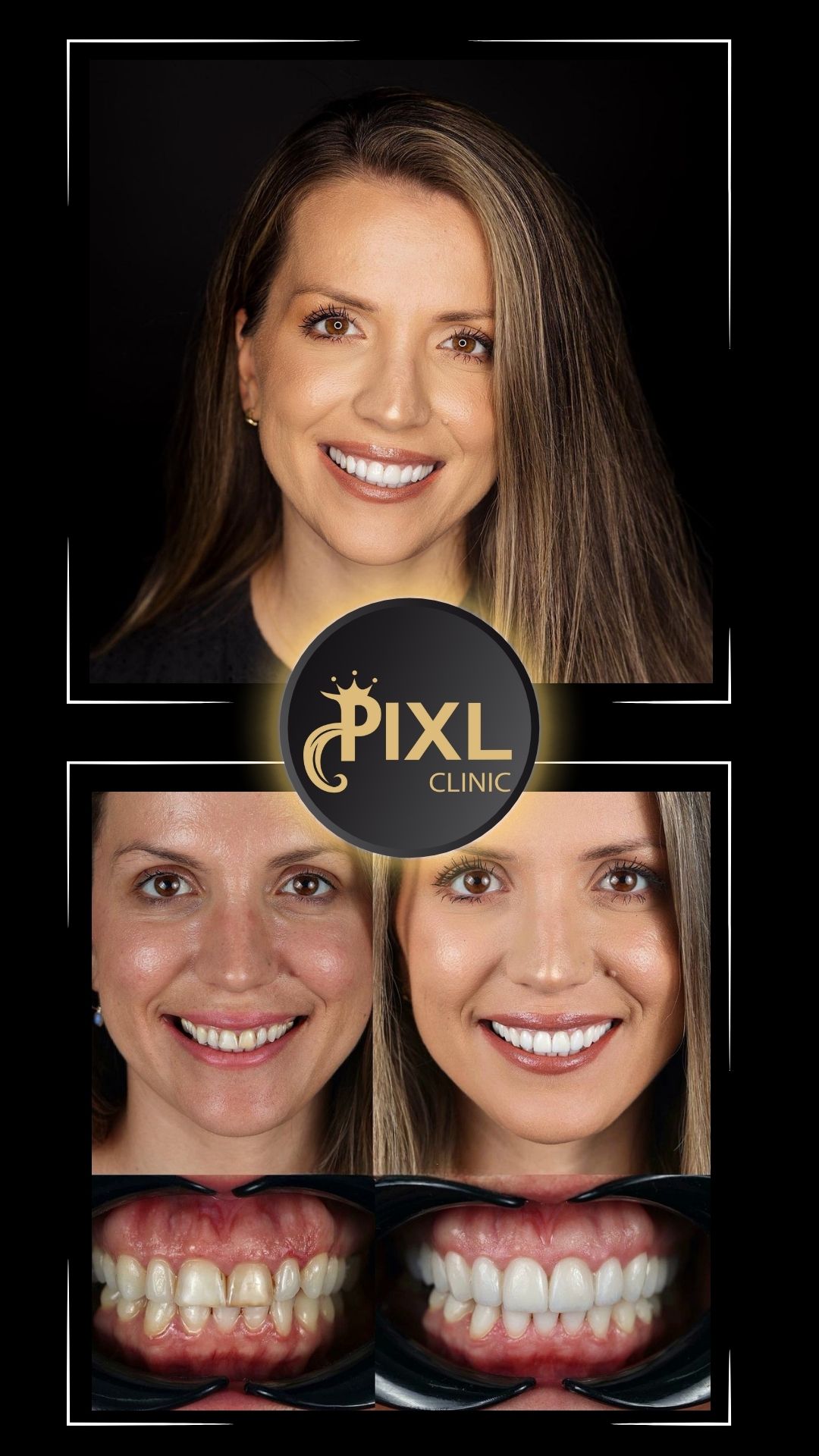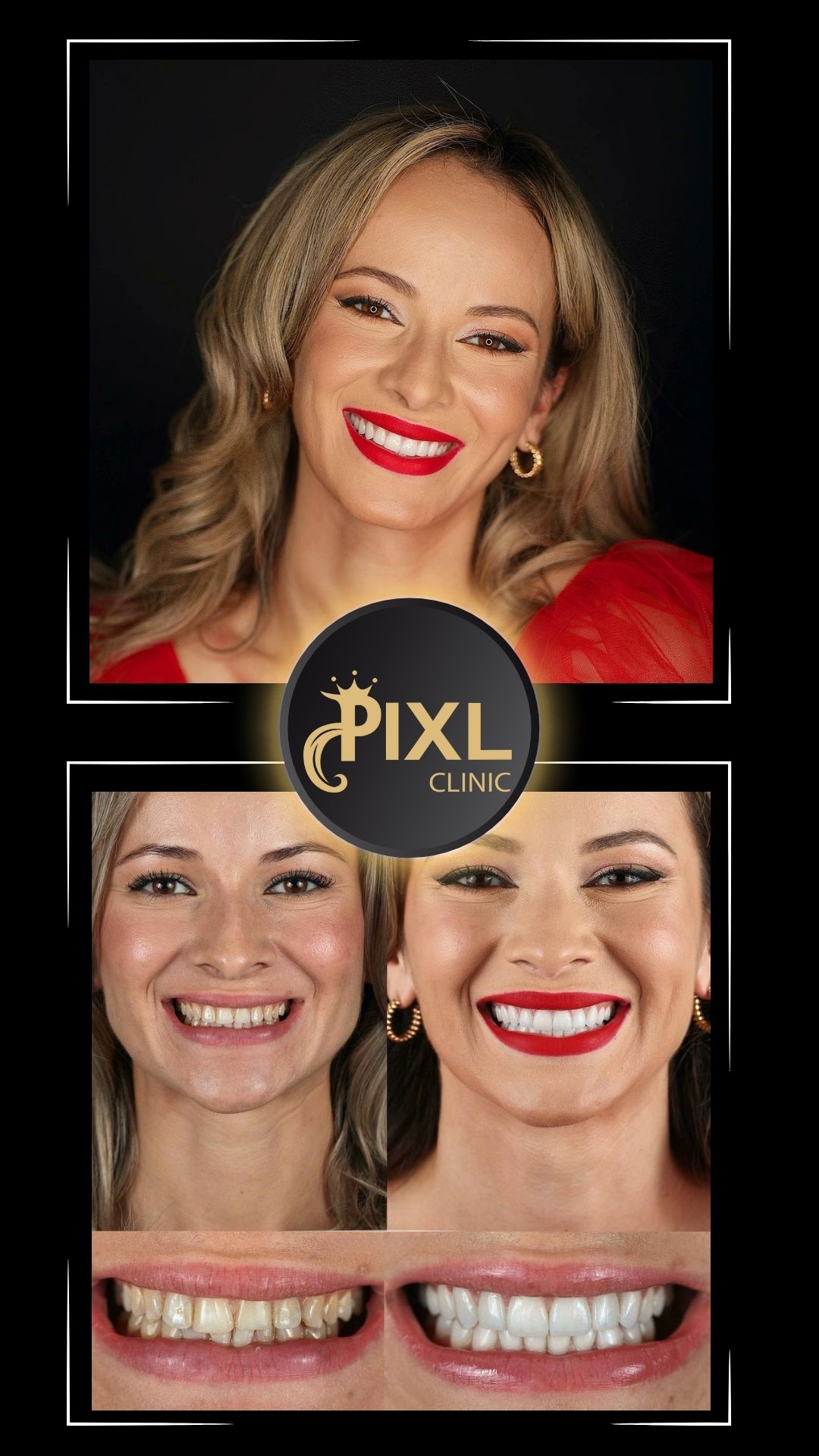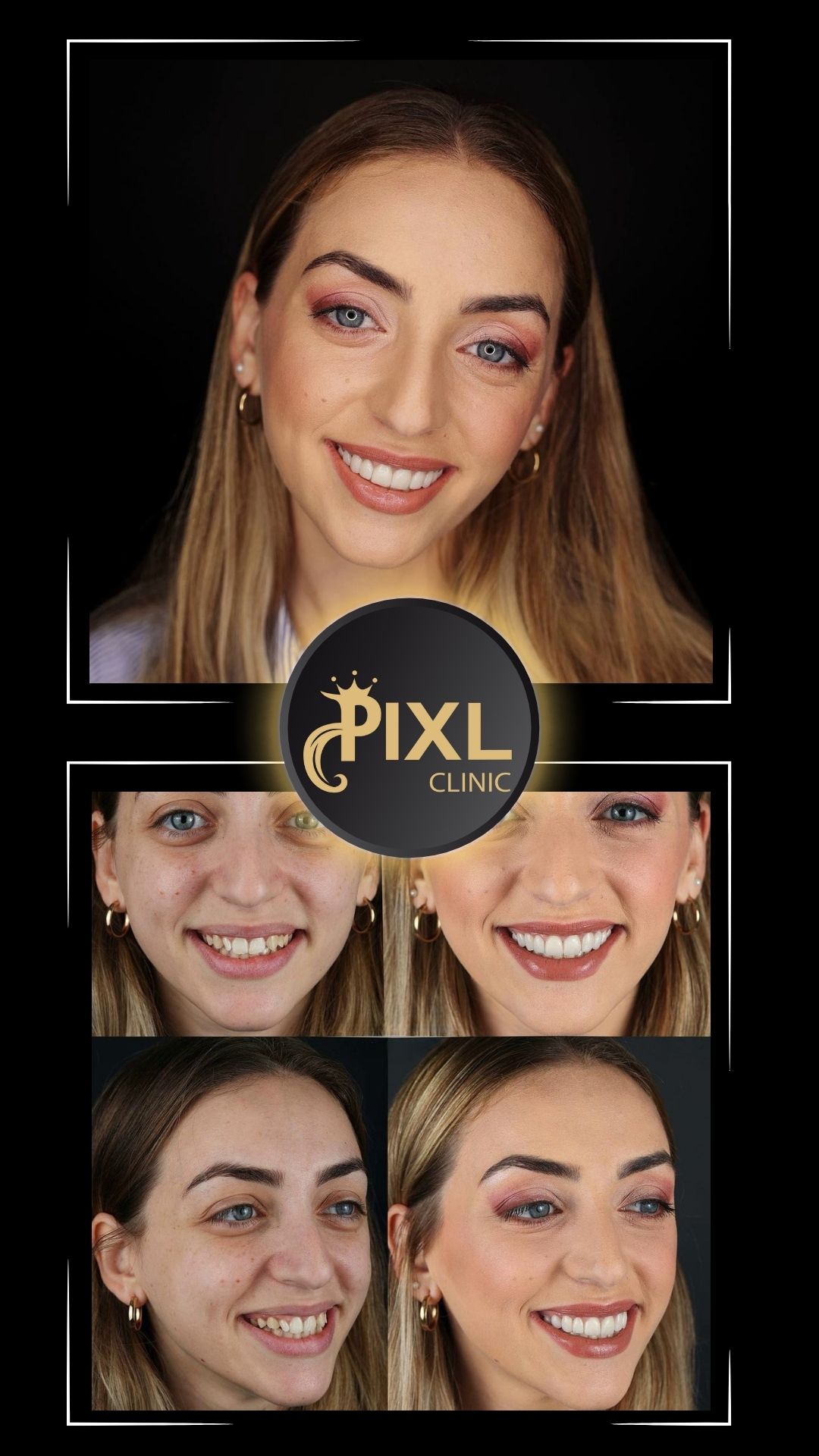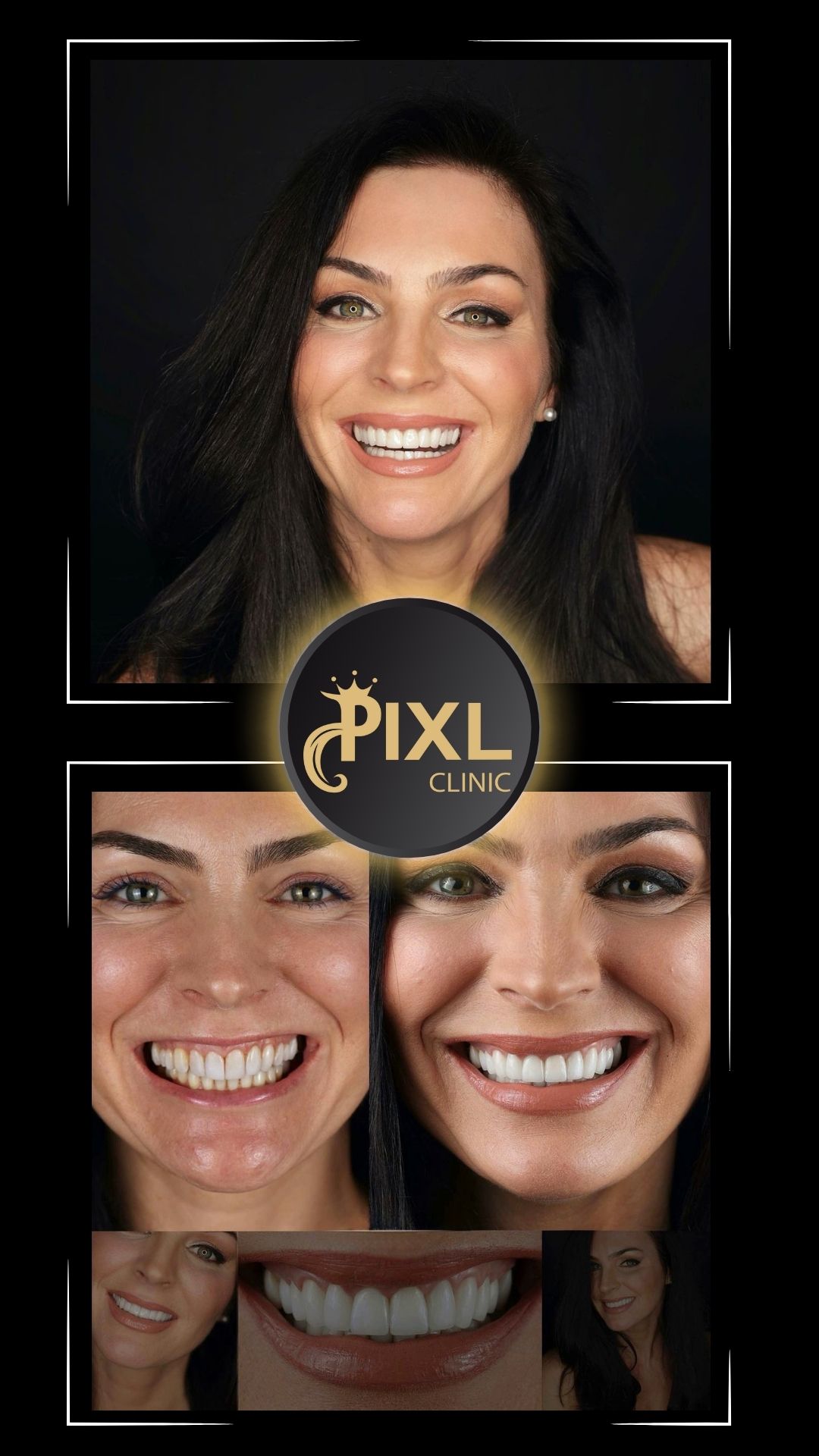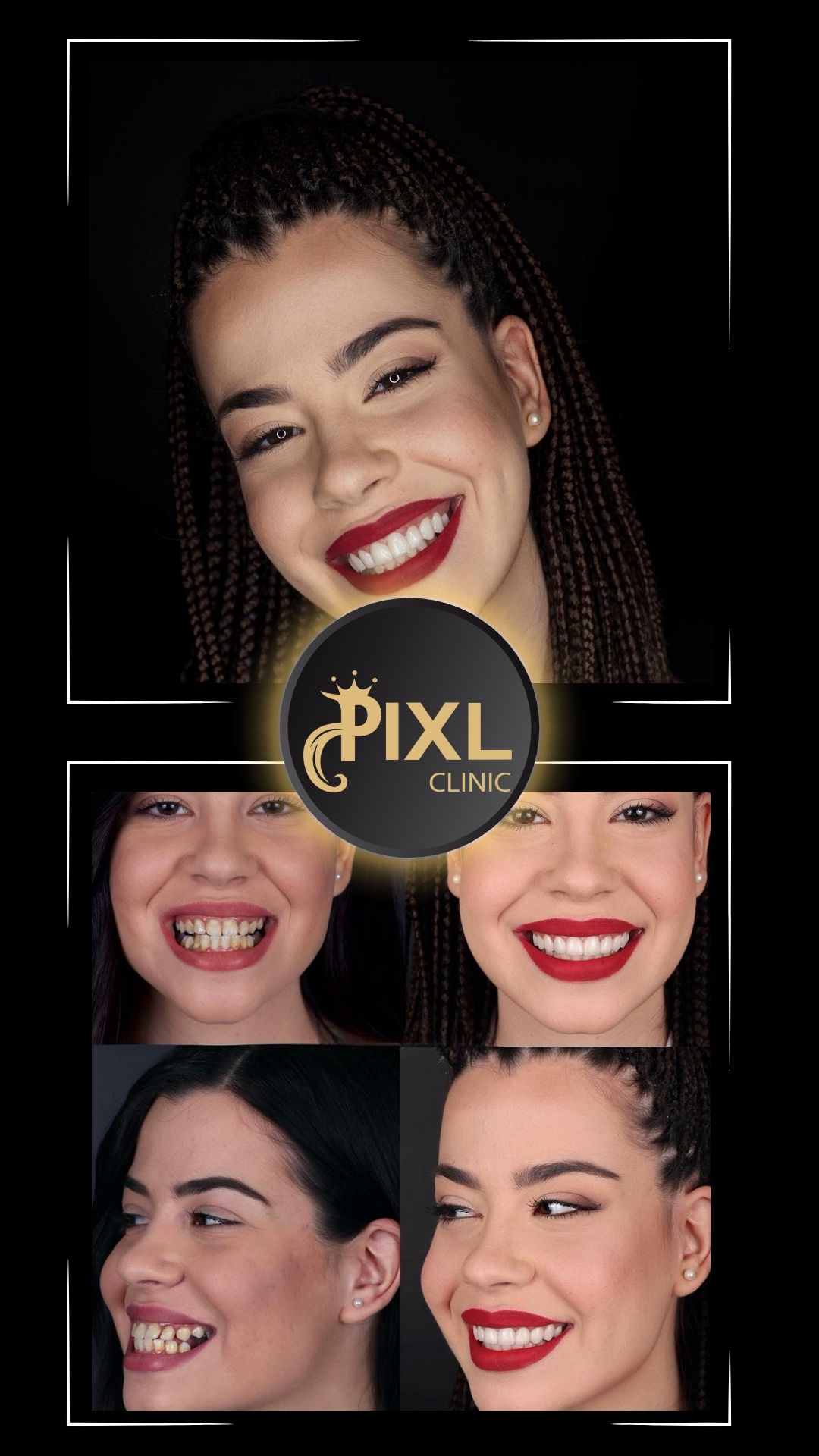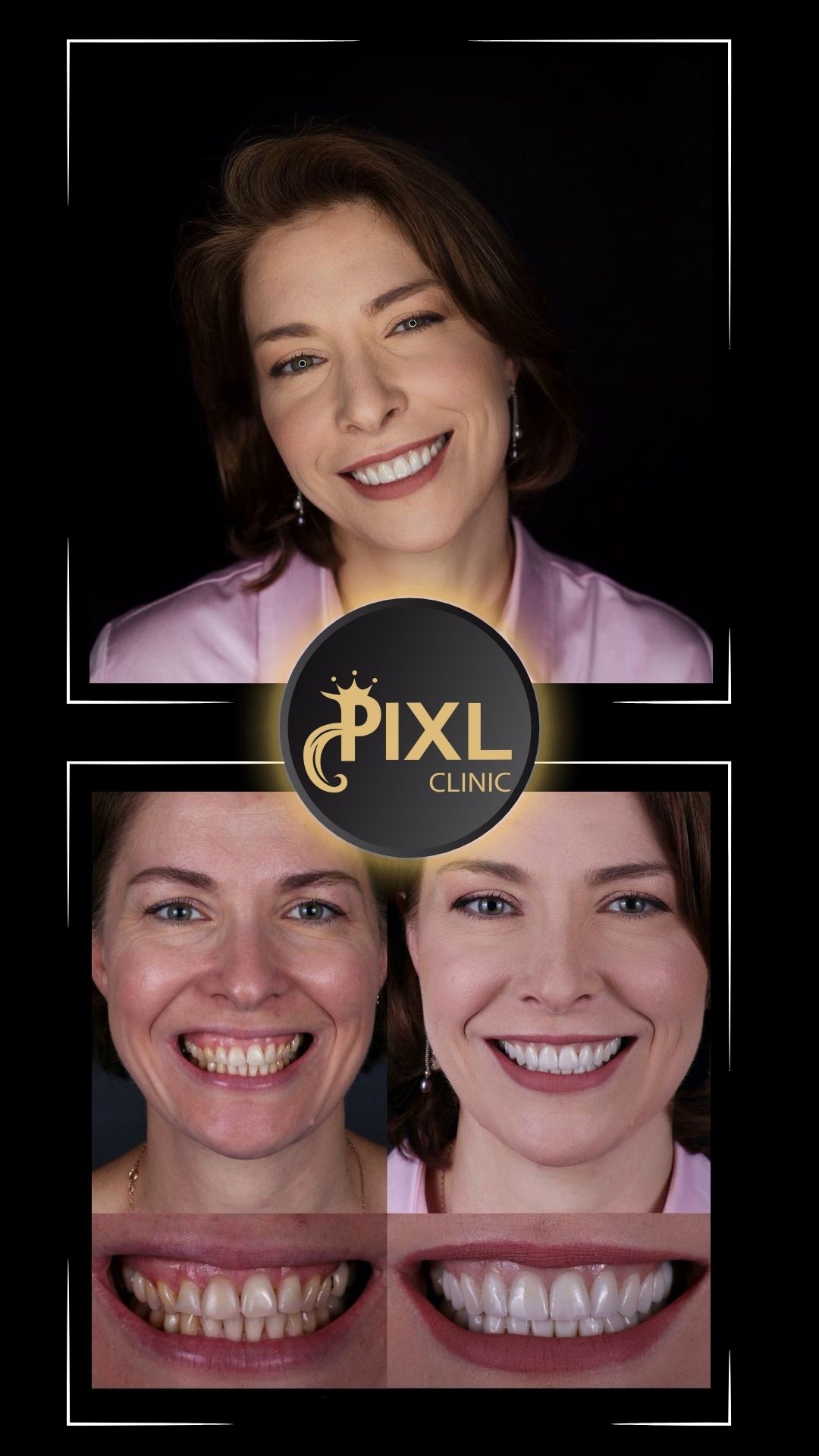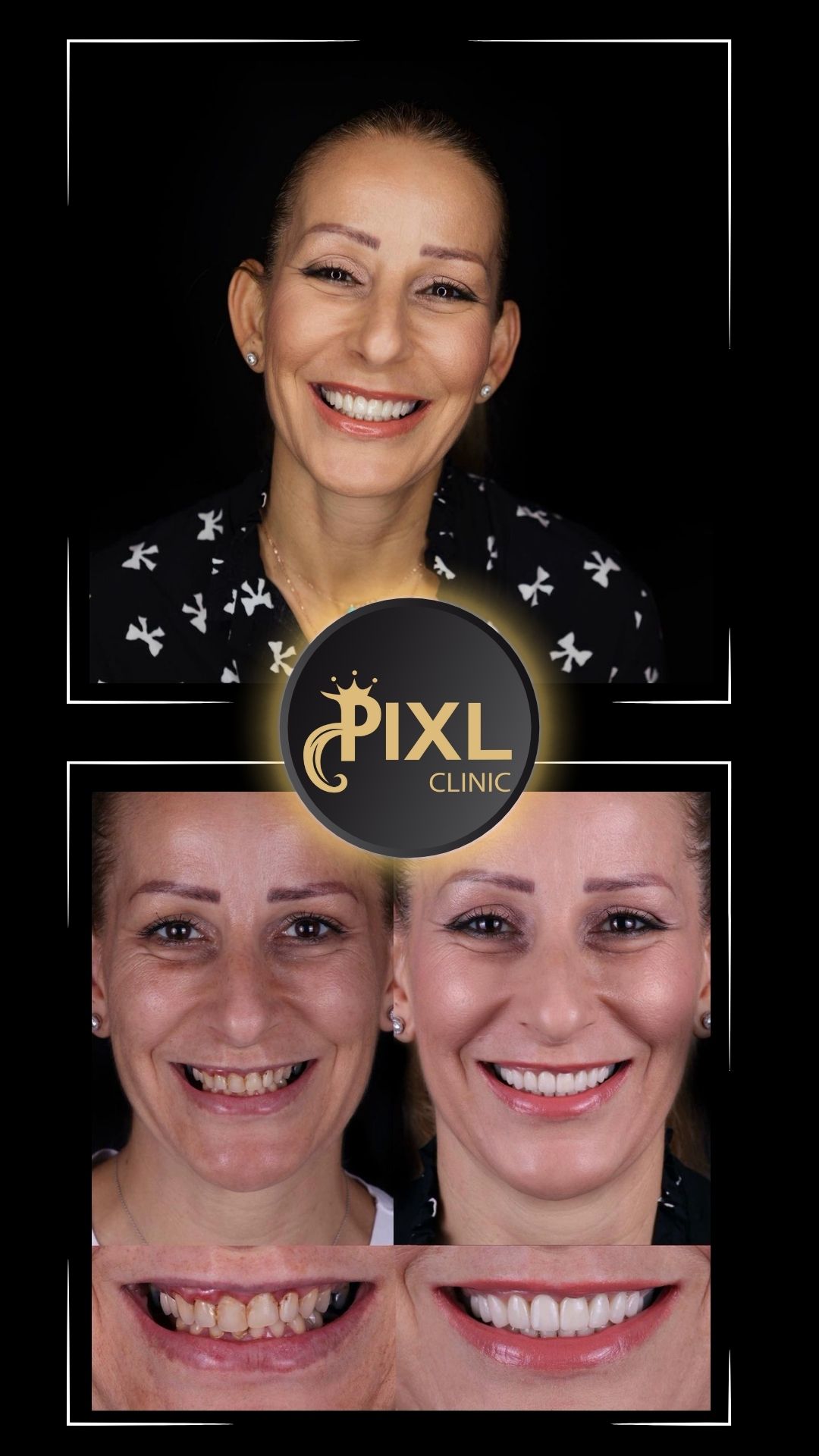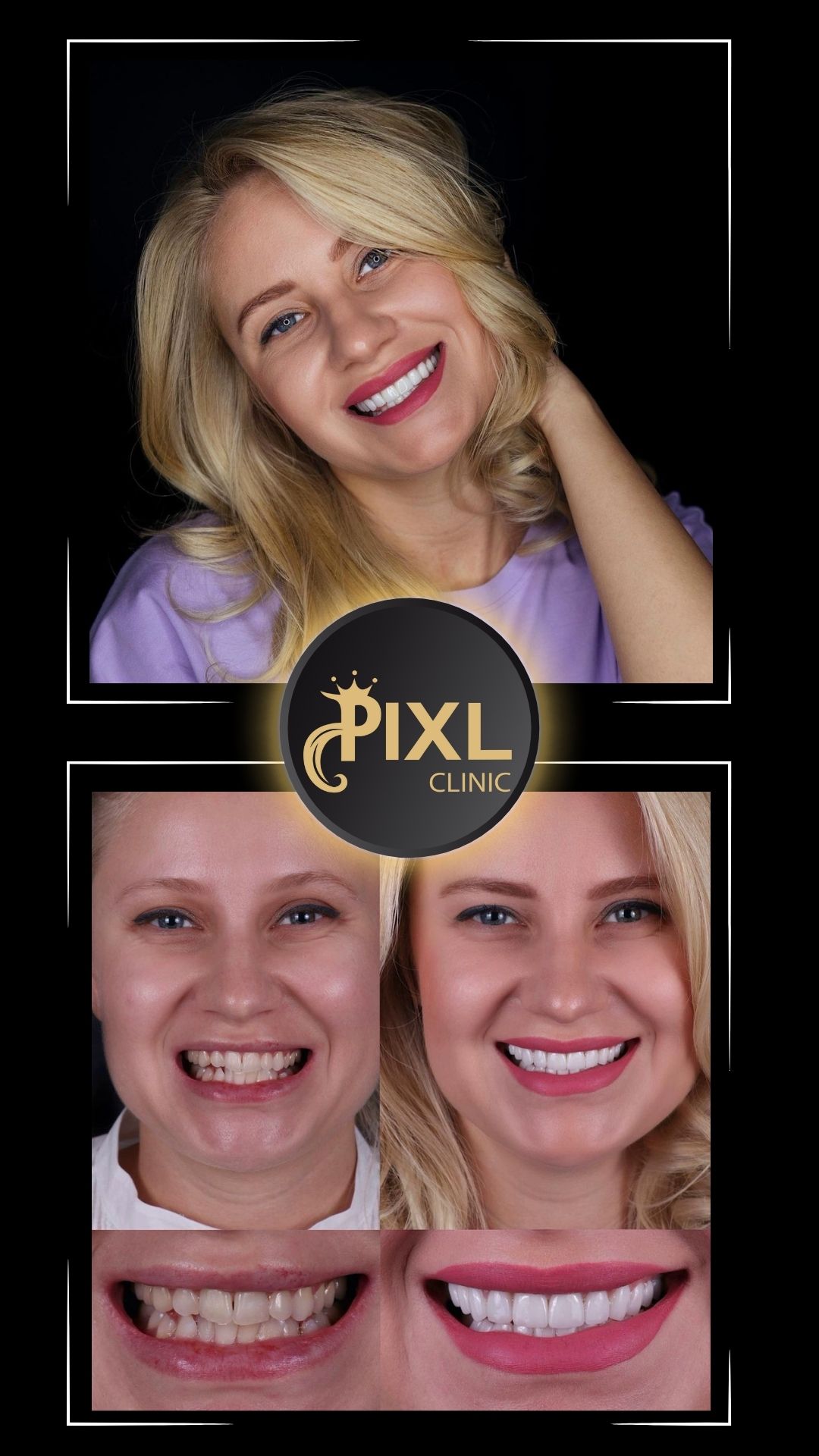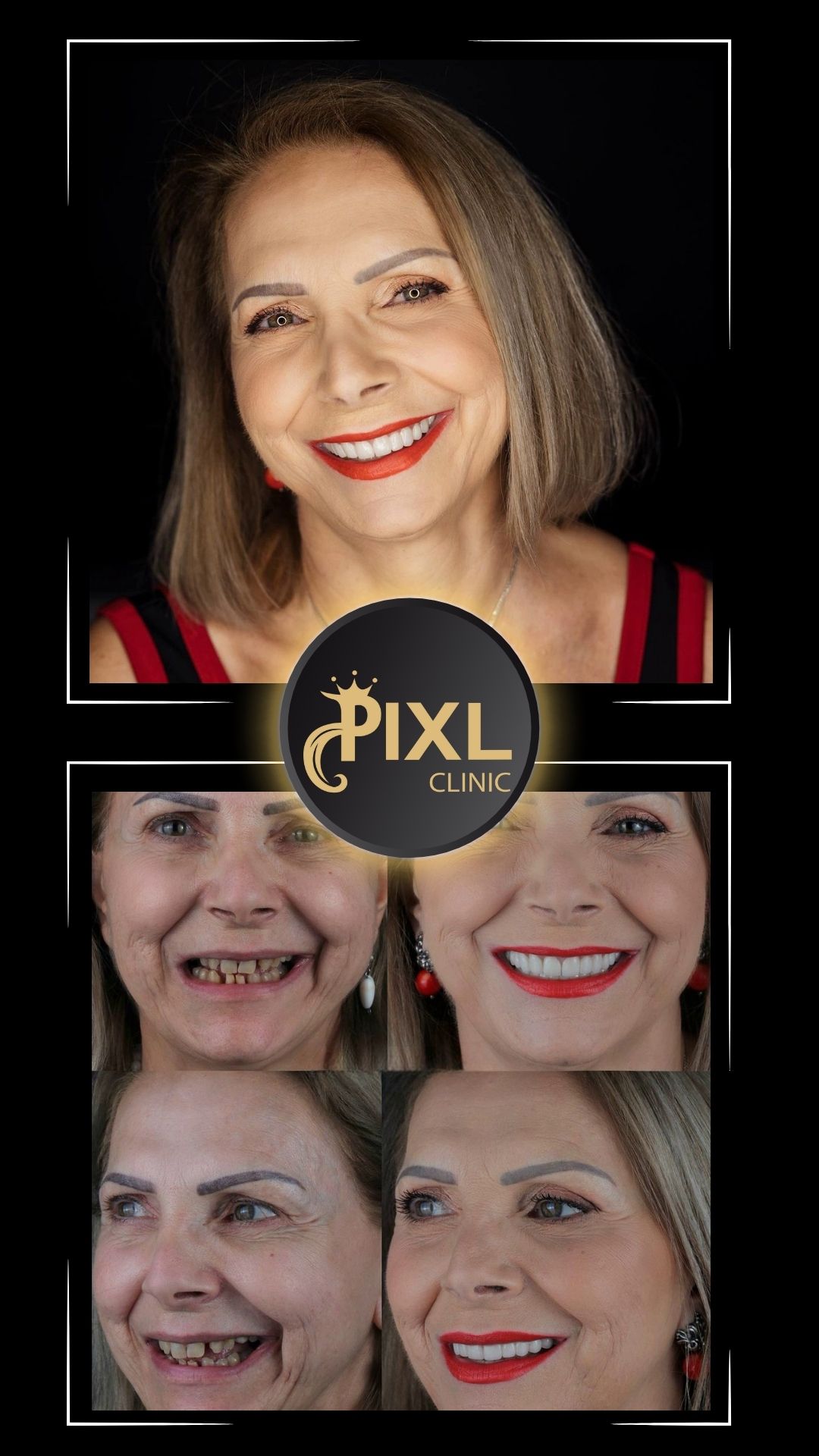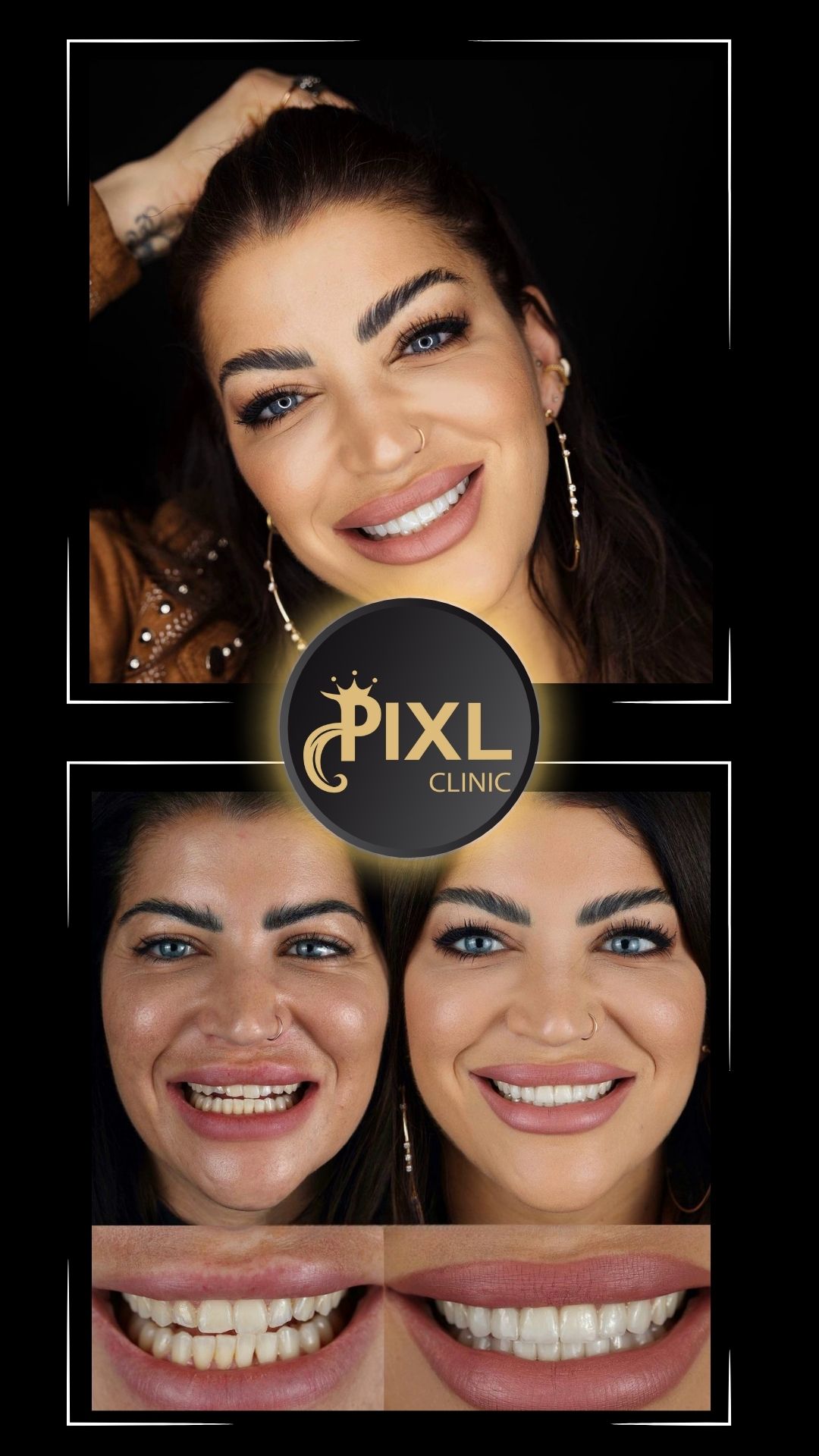Teeth Whitening Strips: Are They Safe?
In the pursuit of a brighter smile, many turn to teeth whitening strips for a quick and convenient solution. These over-the-counter products have become increasingly popular due to their affordability and ease of use. However, the question remains: are teeth whitening strips safe for regular use? Let’s explore the benefits, potential risks, and tips for safe use.
How Do Teeth Whitening Strips Work?
Teeth whitening strips typically contain a peroxide-based gel, such as hydrogen peroxide or carbamide peroxide. These active ingredients penetrate the enamel to break down stains caused by coffee, tea, red wine, smoking, or aging. Most strips are applied for 15–30 minutes daily over a period of one to two weeks, promising visibly whiter teeth.

The Benefits of Whitening Strips
- Convenience: Whitening strips are easy to apply and don’t require a visit to the dentist.
- Affordability: They are often more cost-effective than professional treatments.
- Effective Results: Many users notice a difference in the brightness of their teeth after just a few uses.
Are They Safe?
While generally safe for most people, whitening strips can have drawbacks and potential side effects, particularly when overused or used incorrectly.
- Tooth Sensitivity: The peroxide in whitening strips can temporarily increase tooth sensitivity, especially in individuals with thin enamel.
- Gum Irritation: Improper application of strips can lead to gum irritation, as the gel may come into contact with soft tissues.
- Enamel Damage: Overuse or prolonged exposure to peroxide can weaken enamel, potentially leading to long-term issues.
- Uneven Whitening: Whitening strips may not cover all areas of the teeth, resulting in uneven coloring.
Who Should Avoid Whitening Strips?
- Pregnant or Breastfeeding Women: There is limited research on the safety of peroxide-based products during pregnancy or breastfeeding.
- Individuals with Dental Issues: Those with cavities, gum disease, or enamel erosion should consult a dentist before using whitening strips.
- Teens and Children: Whitening strips are typically not recommended for those under 18, as their teeth and gums are still developing.
Tips for Safe Use
- Follow Instructions: Always adhere to the manufacturer’s guidelines for application time and frequency.
- Choose the Right Product: Opt for ADA (American Dental Association)-approved whitening strips for added assurance of safety and efficacy.
- Avoid Overuse: Limit use to the recommended duration to prevent enamel damage.
- Maintain Oral Hygiene: Brushing and flossing regularly helps prevent new stains and maintain the results of whitening treatments.
- Consult Your Dentist: If you have concerns about sensitivity or underlying dental issues, speak with your dentist before starting any whitening regimen.
Alternatives to Whitening Strips
If whitening strips aren’t the right choice for you, consider these alternatives:
- Professional whitening treatments at the dentist.
- Whitening toothpaste or mouthwash for gradual brightening.
- Home remedies like baking soda (use sparingly and with caution).
Teeth whitening strips can be a safe and effective way to brighten your smile when used correctly. However, it’s essential to consider your individual oral health needs and consult a dental professional if you have any concerns. A radiant smile is always in style, but protecting your dental health should be the top priority!
Teeth Whitening Strips FAQ
Are teeth whitening strips safe?
Yes, teeth whitening strips are generally safe when used as directed. However, improper or excessive use can lead to tooth sensitivity, gum irritation, or enamel damage.
How do teeth whitening strips work?
Whitening strips contain peroxide-based gels, such as hydrogen peroxide or carbamide peroxide, which penetrate the enamel to break down stains and whiten teeth.
Can whitening strips damage my enamel?
Overusing whitening strips or leaving them on longer than recommended can weaken enamel over time. Always follow the instructions provided by the manufacturer.
Do whitening strips work on all types of stains?
Whitening strips are most effective on surface stains caused by food, beverages, or smoking. They may not work as well on intrinsic stains, such as those caused by certain medications or trauma.
Are there side effects of using whitening strips?
Common side effects include temporary tooth sensitivity and mild gum irritation. These usually subside after stopping use or reducing frequency.
How often should I use teeth whitening strips?
Most brands recommend daily use for 7–14 days. Avoid overuse, as this can harm your teeth and gums.
Can children or teens use whitening strips?
Whitening strips are typically not recommended for individuals under 18, as their teeth and gums are still developing. Consult a dentist for safer alternatives.
Can pregnant or breastfeeding women use whitening strips?
There is limited research on the safety of whitening strips during pregnancy or breastfeeding. It’s best to consult a dentist before use.
What should I do if my teeth become sensitive?
If sensitivity occurs, reduce the frequency of use or pause treatment. Consider using toothpaste designed for sensitive teeth to alleviate discomfort.
Are professional whitening treatments better than strips?
Professional treatments are more effective and provide faster results, but they are also more expensive. Whitening strips are a convenient and affordable alternative for mild to moderate staining.
How long do results from whitening strips last?
Results can last from a few months to a year, depending on your diet, oral hygiene, and lifestyle habits like smoking or drinking coffee.
Do whitening strips work on dental work, like crowns or veneers?
No, whitening strips do not work on crowns, veneers, fillings, or other dental restorations. They are designed to whiten natural tooth enamel only.
Can I eat or drink after using whitening strips?
It’s best to avoid food and drinks that stain (like coffee, tea, or wine) for at least an hour after using whitening strips for optimal results.
Are there alternatives to whitening strips?
Yes, alternatives include professional whitening treatments, whitening toothpaste or mouthwash, and natural remedies like baking soda (use cautiously).
How can I maintain my whitened teeth?
Maintain whitened teeth by brushing and flossing regularly, using whitening toothpaste, avoiding stain-causing foods and drinks, and visiting your dentist for routine cleanings.

